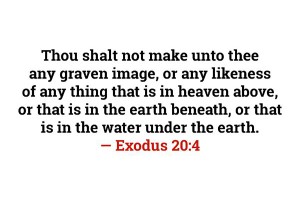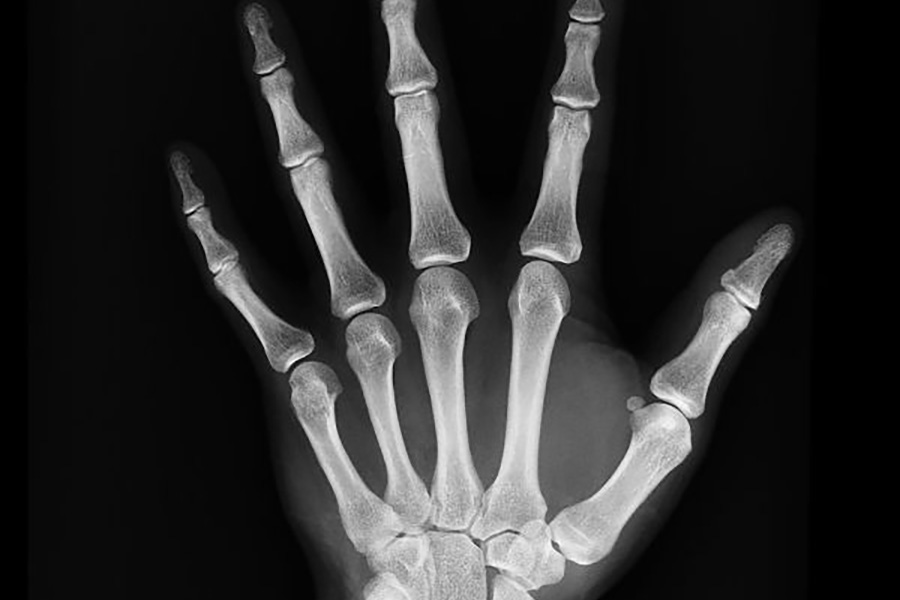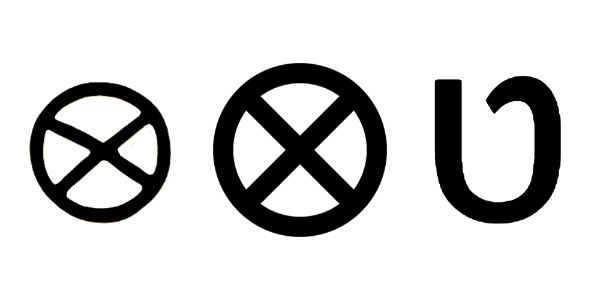« Back to Glossary Index
Synonyms:
𐤉𐤄𐤉𐤄, He who creates existence
The word 𐤉𐤄𐤉𐤄 (yahayah) means “He Who Creates Existence” or the third-person proper name of the alah of Yasharaal, is transliterated from what may have predated the Tetragrammaton.
The extended study guide entry that elaborates on 𐤉𐤄𐤉𐤄 (yahayah) is not available right now.







